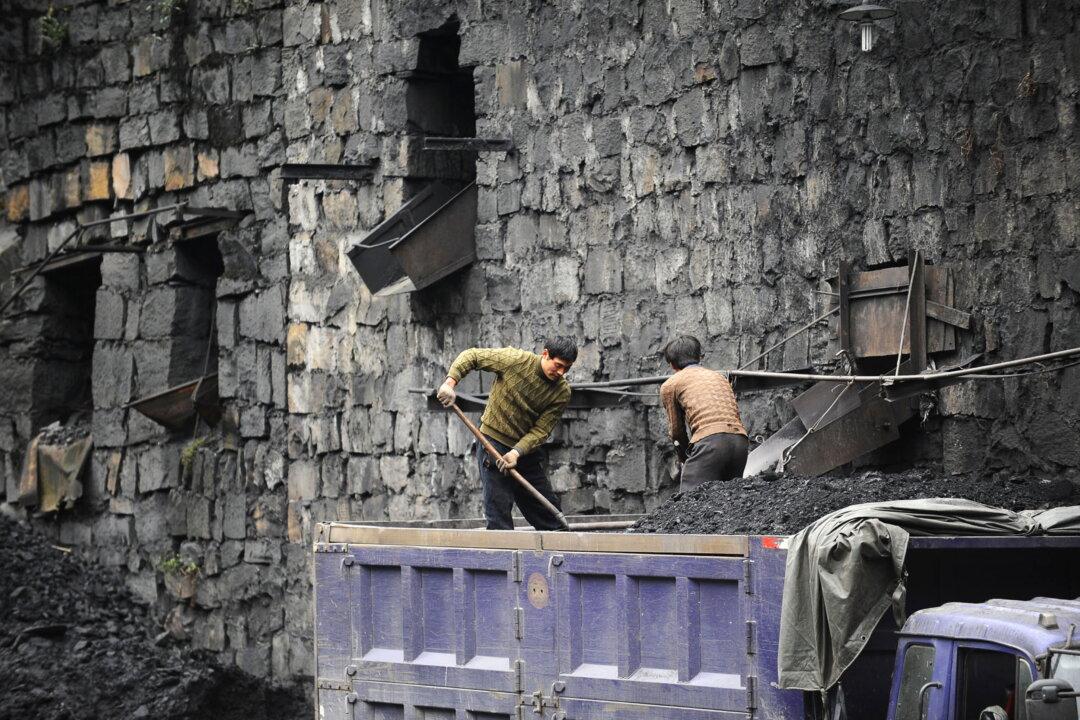BEIJING—The operators of China’s largest silver mine transported workers underground on a broken-down bus that was bought online, routinely overloaded and operating on ramp not intended for transporting people, safety officials said after the bus crashed, killing 21 miners and injuring 29.
The bus involved in the crash that occurred in the morning of Feb. 23 had not been inspected or registered and had a capacity of 30 passengers, 20 fewer than were on board, the head of the Emergency Management Ministry’s department of safe production infrastructure, Pei Wentian, told state broadcaster CCTV.





